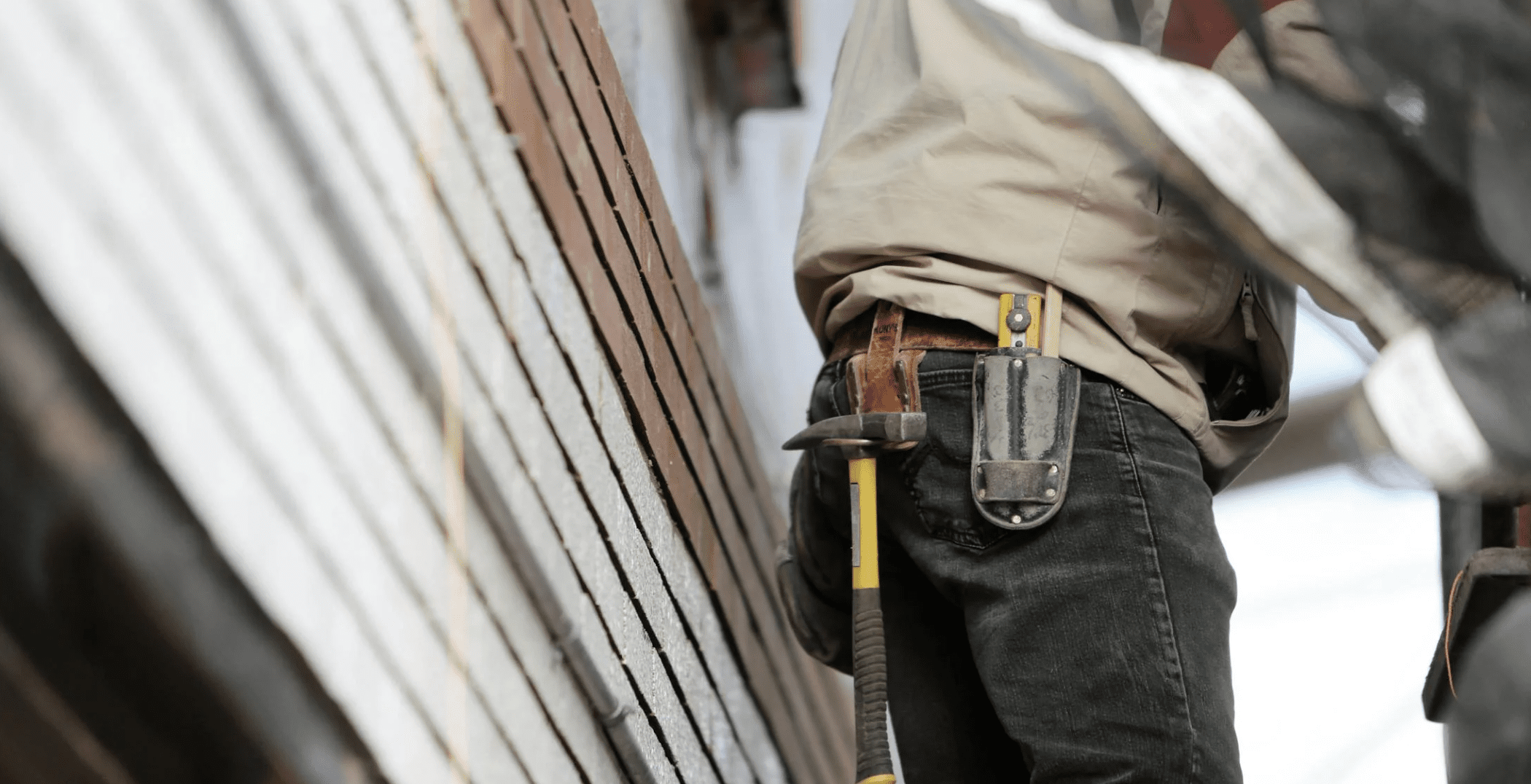How to Claim a Rental Property Repair Tax Deduction
How to Claim a Rental Property Repair Tax Deduction
Blog Article
Running a rental property can be quite a satisfying investment, but it addittionally comes with its fair share of expenses. One of the greatest rental property repair tax deduction? The capacity to withhold certain restoration charges from your taxes. Understanding what qualifies as a deductible repair and just how to declare it can make a significant big difference to your bottom line.

What Are Rental Home Repairs?
Rental house repairs are expenses sustained to revive your home to their unique situation or functionality, usually following wear and rip or damage. Examples include correcting a leaky sink, patching a hole in the wall, correcting a damaged top, or maintenance appliances. These are considered required to steadfastly keep up your house and are therefore deductible.
But, it's essential to distinguish fixes from improvements. Fixes keep consitently the home in good shape, while changes (like adding a brand new terrace or replacing a kitchen) increase the property's value and are handled differently for tax purposes.
The Fix vs. Development Discussion
The IRS classifies repairs and improvements differently, which could have a major influence in your duty deductions. Repairs are completely deductible in the tax year they are paid for, while changes must be capitalized and depreciated over time. For instance:
• Fix Example (deductible): Repainting surfaces or solving damaged gutters.
• Improvement Example (not instantly deductible): Installing a brand new HVAC process or upgrading a bathroom.
Understanding that distinction can assure you're maximizing suitable deductions while staying certified with tax regulations.
How Do Repairs Save yourself You Income on Fees?
By declaring rental property fixes as deductions, you lower your taxable hire revenue, efficiently reducing simply how much you owe for the year. Here's the system:
Taxable Hire Money = Rental Revenue - (Approved Deductions + Fix Costs)
For example, if you acquired $18,000 in hire income and used $2,000 on fixes like plumbing or electric treatments, the restoration charges would lower your taxable money, ultimately causing substantial savings.
Important Ideas When Claiming Fix Deductions
1. Keep Step-by-step Documents: Maintain receipts, invoices, and paperwork of all repair-related expenses.
2. Understand the Safe Harbor Rule: The IRS's de minimis secure harbor concept allows landlords to price concrete property costs below a specific ceiling (typically $2,500 per item).

3. Work with a Tax Qualified: Navigating deductions can get tricky, particularly with high priced updates blurring the repair-improvement line. A tax specialist can assist you to precisely categorize and improve savings.
Get Advantageous asset of Hire Fix Deductions Today
Rental house restoration tax deductions may considerably reduce your duty statement, but understanding how to identify and document these costs is key. By knowledge the rules and maintaining careful records, you'll maximize from the investment and keep carefully the financial burden of maintaining your home in check. Report this page